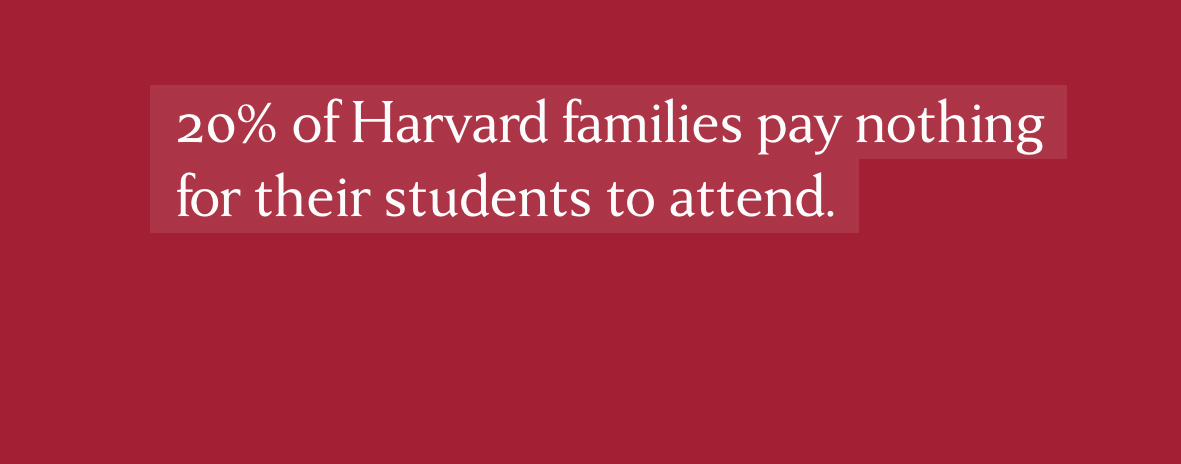This is a really interesting discussion. A small point of clarification: the lawsuit does not seek to "force" Ivy League schools to give out full ride scholarships based solely on athletic prowess. There is no way such a result--courts' forcing academic institutions to confer full-ride, athletics-based scholarships they don't want to give--could be accomplished under current law. Athletes are not a "protected class" under our laws.
The lawsuit, instead, seeks only to judicially dissolve the "conspiracy" pursuant to which all Ivies have agreed to grant scholarship aid--whether given to pure students, to student/athletes, to legacies, to whomever--based solely on family financial need. All Ivies have agreed ("conspired") that they will not offer pure "athletic" scholarships of any kind. This "conspiracy," the lawsuit argues, is an illegal "restraint" on free "trade and commerce"--arguably within the realm of the Sherman Anti-Trust Act.
If the lawsuit succeeds, the most the court could do, as a "remedy," would be to bust up the "conspiracy"--to prohibit the mutual, league-wide "restraint" on pure "athletic" scholarships. That wouldn't "force" Harvard or Yale or Princeton to begin giving out full-ride "athletic" scholarships. It would just mean that individual Ivies could no longer rely on their competitors (the other Ivies) being "restrained" from giving out athletic scholarships. Competition would, at least nominally, be restored. But even if the "conspiracy" were busted up, and competition for athletes nominally restored, I don't believe that the Ivies would begin giving out full-ride athletic "athletic" scholarships to students whose families could afford to pay some or all of the freight. It would be spectacularly "off brand."
Maybe a few Ivies, here and there, would use their new-found freedom from conspiratorial "restraint" to offer an occasional pure, full-ride "athletic" scholarship to a remarkable candidate from a well-heeled family. And perhaps the change might result in a new Ivy League athletic super-power: one that decides to go all in on pure athletic scholarships (while the rest of Ivies, by individual decision, continues to offer only "needs-based" scholarships).
My take: even if our courts decide to destroy the Ivy League "conspiracy" to restrain "trade and commerce" by offering only "need-based" scholarships, I don't think things will change much. Ivy League admission standards aren't going to change. And, more to the point, the Ivy League's "world view" isn't going to change: inter-collegiate athletics (and the tiny, related revenue streams) simply aren't important enough to the Ivies for them to begin throwing superfluous money at athletes whose families can afford to pay some (or all) of college costs. That would be counter to the core ethic of the Ivy League.
If an Ivy or two should decide to go all in, offering free-ride athletic scholarships to kids whose families can easily afford to pay some or all of tuition/room/board, I believe those few Ivies would immediately be identified as the "inferior" Ivies: the ones whose academic brands and reputations aren't strong enough to attract student/athletes using only a need-based scholarship approach. I suspect that the possible cost to an Ivy League school in terms of forfeited prestige--and perhaps lost alumni contributions?--would deter virtually every Ivy from rushing to self-identifying itself as an "inferior" Ivy. So, the Ivy League's need-based-only scholarship regime would probably endure as a matter of individual school choice (rather by virtue of an express "conspiracy"). Ivy League schools have way too much too lose in terms of lost prestige (and very little to gain) by jumping into the full-ride athletic scholarship auction/circus.

